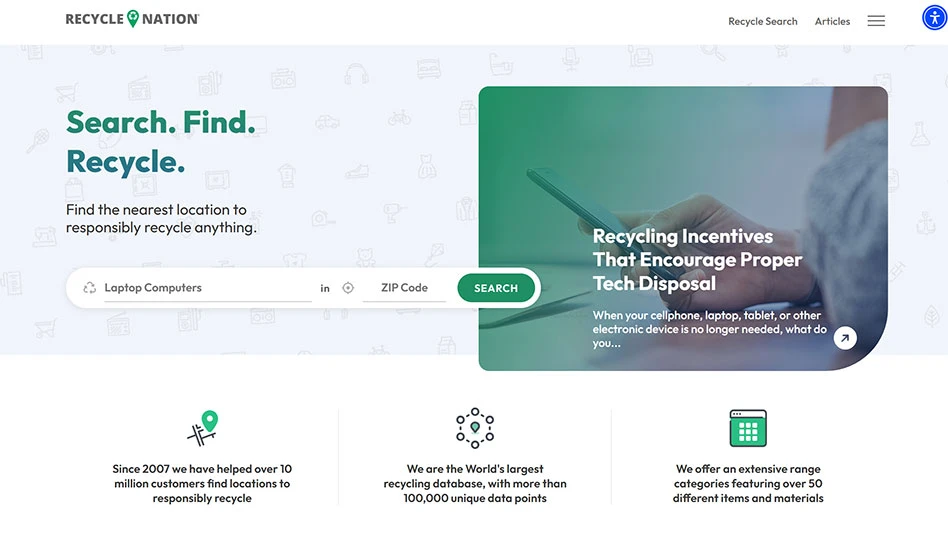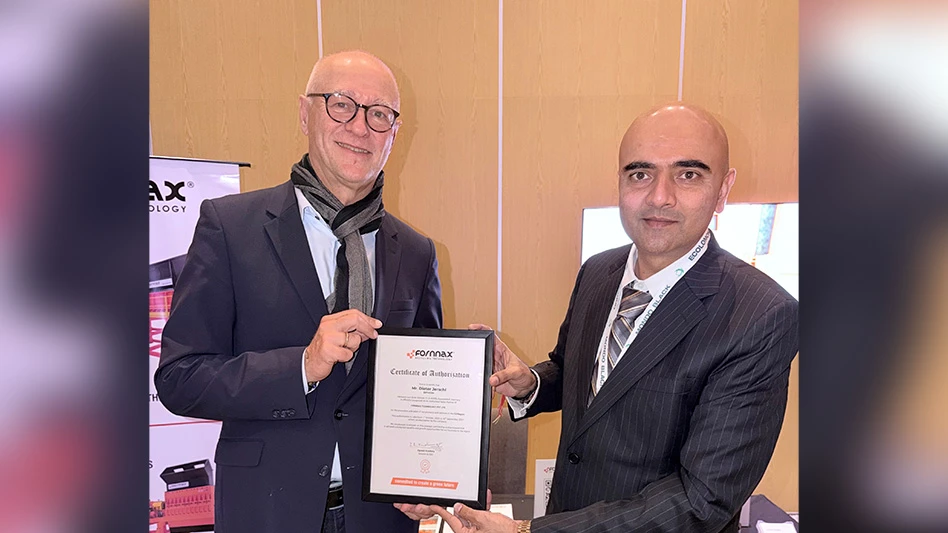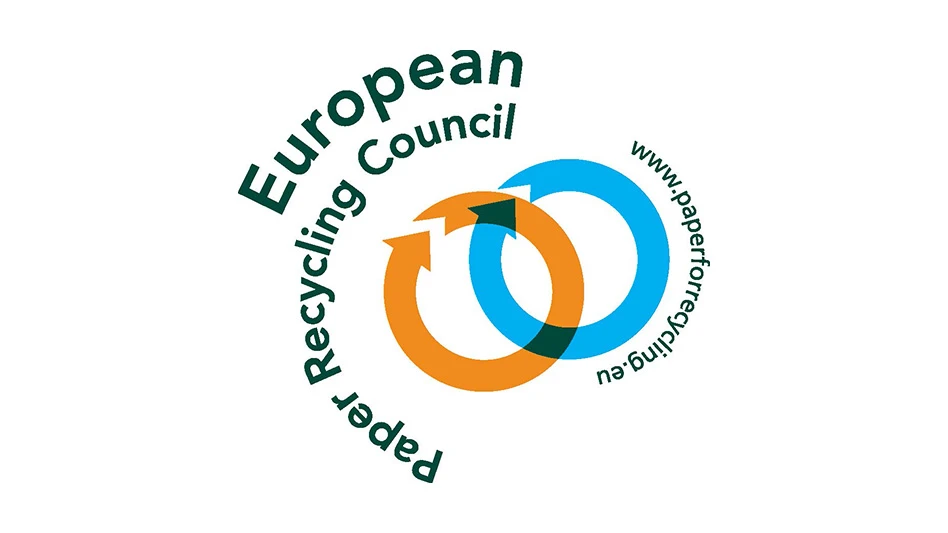
© pixelprof | istockphoto.com
The Aluminum Association, Arlington, Virginia, has released a new policy brief titled “A Trade Policy Framework for the U.S. Aluminum Industry,” which highlights its key priorities to ensure a level global playing field for its members and the U.S. aluminum industry.
“Three years after the implementation of the Section 232 tariffs on most aluminum imports into the U.S., it is time to take a fresh look at trade policy to support a robust domestic aluminum industry,” Tom Dobbins, president and CEO of the Aluminum Association, says. “The Biden administration and the new Congress have an opportunity to harness the growth potential for aluminum as a sustainable solution for the 21st century and capitalize on the more than $3 billion of private U.S. aluminum investment over the past decade. The federal government can take action immediately to put American aluminum on an equal footing with overseas competitors.”
In the document, the Aluminum Association offers a number of suggestions regarding the Section 232 tariffs and trade policy more generally:
- Implement immediate reforms to Section 232 exclusion process. The current Section 232 product exclusion process has inadvertently made the United States a magnet for imports, the association contends, adding that the process “actively incentivizes companies to turn first to import aluminum products like sheet, plate and foil that are manufactured in abundance in the United States.” The association notes that the Commerce Department granted 8.3 billion pounds of aluminum can sheet exclusions (including massive volumes for Chinese product) in 2020 alone, which was more than twice the size of the entire annual U.S. market. If importers were to fully use the exclusions granted by the Commerce Department, those customers would not need to purchase 1 pound of American-made aluminum can sheet for the next two years, the Aluminum Association contends.
- Carefully consider countrywide exemptions to the Section 232 aluminum tariffs on countries committed to market-based trade. The Aluminum Association says it “has long favored a targeted, durable approach to trade remedies and strong enforcement of the trade rules” and suggests that the U.S. Trade Representative consider negotiating the removal of Section 232 aluminum tariffs with countries that trade fairly and have taken action to address unfairly subsidized imports that destabilize their domestic markets as part of a comprehensive policy approach that supports the U.S. aluminum value chain.
- Continue robust trade enforcement and maintain Section 301 tariffs on aluminum imports. The government should continue to fully enforce existing trade rules using tools that include anti-dumping and countervailing duty (AD/CVD) orders, the Aluminum Association says. AD/CVD orders have been successfully deployed in the aluminum foil and common alloy sheet markets as a backstop to unfairly traded imports. The administration should maintain Section 301 tariffs on imports of aluminum from China, ramping up evasion and circumvention efforts, until harmful structural subsidies that drive overcapacity are addressed, the association adds.
- Prioritize multilateral efforts to combat unfair global trade practices and harmful industrial subsidies. The Biden administration has an opportunity to lead a coalition of nations committed to a rules- and market-based global trading system against unfair industrial practices in China, according to the Aluminum Association. Overcapacity in the global aluminum market remains a major challenge. Aluminum smelter output in China hit records last summer, and Chinese producers are slated to bring online 3 million metric tons of new primary aluminum capacity this year. Meanwhile, China’s exports of semifabricated aluminum products are gaining market share around the world. In a recent letter to U.S. Trade Representative Katherine Tai, the Aluminum Association urged the Biden administration to work with allies on these issues, consistent with a recent commitment by G7 trade leaders to collectively address “harmful industrial subsidies, including those causing excess capacity.”
- Launch the new Aluminum Import Monitoring system and carefully track aluminum trade flows. The Commerce Department has delayed the launch the Aluminum Import Monitoring (AIM) system, a program that was funded with bipartisan support for Fiscal Year 2021, until June 28. The Aluminum Association calls for the system to be launched “expeditiously and in consultation with the full value chain of the aluminum industry,” noting that the AIM “will serve as an early warning mechanism to help spot trends and shifts in trade flows that might warrant industry or government action.”
- Outline a comprehensive policy, with long-term federal investment, to ensure a stable and resilient domestic aluminum capacity amidst a global supply chain. The Aluminum Association says it is in the economic and national security interest of the U.S. to have a resilient and self-sufficient domestic aluminum supply chain, suggesting that the federal government can lead in this area by investing to modernize U.S. aluminum primary smelting and secondary recycling operations.
More information is available at www.aluminum.org/agenda.
Latest from Recycling Today
- Erema and Lindner establish office in India
- NAW secures injunction blocking enforcement of Oregon’s EPR law
- WM opens 2 new MRFs in Ontario
- International Paper to close Washington box plant
- Cascades exits honeycomb packaging, partition business segments
- Customer focus drives Bantam Materials’ success
- ATI reports slimmer profits
- Papilo acquires Allwood Recycling in UK





